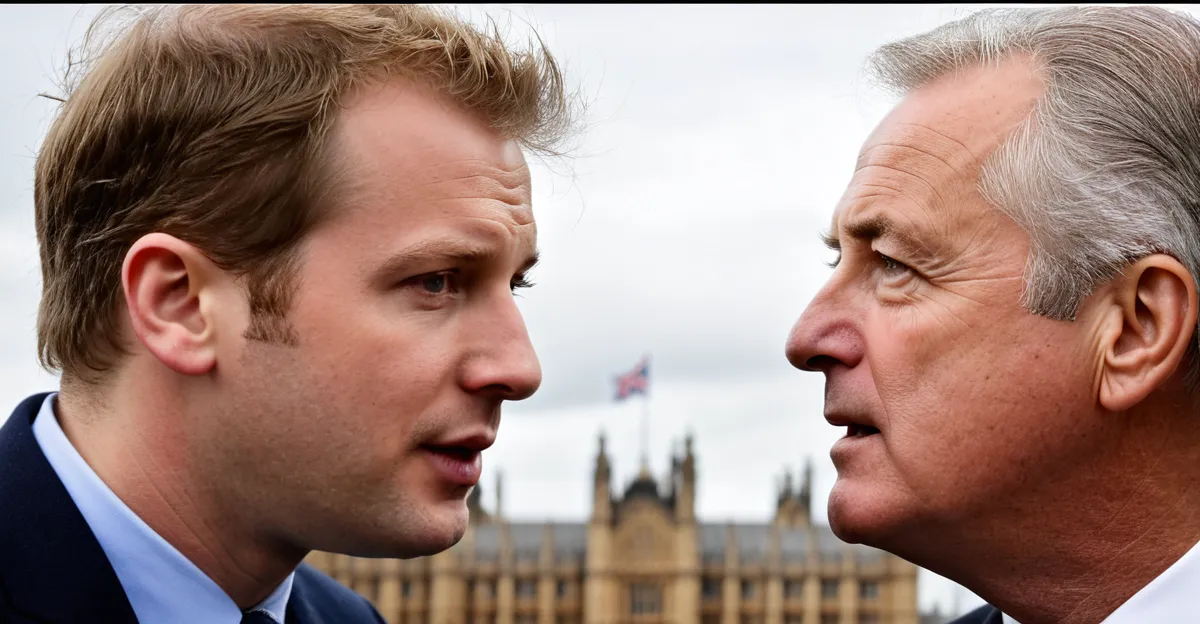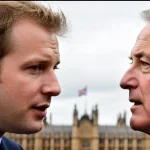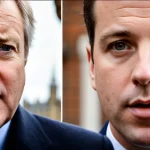Overview of Recent Political Changes in the UK
The recent UK political changes have been marked by significant shifts in government leadership and policy directions. Following a series of elections, the UK saw a change in prime ministership, which led to new approaches within the UK government leadership framework. These leadership shifts have directly influenced key policy changes, particularly concerning economic recovery, climate commitments, and social welfare reforms.
A clear timeline illustrates these developments: early in the year, the governing party restructured its cabinet, emphasizing ministers with backgrounds in business and finance to tackle inflation and public spending. Subsequently, legislative focus shifted towards energy security and public health. This sequence is crucial for understanding the current political climate.
Also to read : What are the trends in UK education reform?
Domestically, reactions range from cautious optimism in some sectors to criticism over perceived delays in policy implementation. Internationally, allies and trading partners have responded with careful engagement, monitoring how these changes may affect bilateral and multilateral relations. The evolving stance of the UK government leadership continues to shape both internal dynamics and external diplomatic postures, making the overview of recent UK political changes essential to grasp ongoing developments.
Impact on UK-European Union Relations
How recent UK political changes affect Brexit and ongoing cooperation
Also read : What Are the Emerging Trends in UK Politics This Year?
The recent UK political changes have notably influenced UK-EU relations, particularly in the context of the Brexit aftermath. New UK government leadership has steered policy changes UK-wide that recalibrate the tone and content of ongoing Brexit negotiations. A key focus under this leadership is addressing the complexities surrounding the Northern Ireland Protocol, which remains a pivotal issue affecting diplomatic and trade ties with EU member states. Adjustments to regulatory alignment have also been proposed, aiming to reduce friction at borders while maintaining necessary standards.
These policy changes UK leadership prioritize emphasize pragmatic cooperation to prevent escalation of trade barriers. The government has pursued revisions in diplomatic agreements, targeting smoother customs processes and renewed collaboration on security matters. However, negotiations continue to encounter challenges, particularly around sovereignty concerns and economic impacts.
Domestic reactions reflect cautious optimism by some UK industries that benefit from eased trade conditions, whereas critics warn of potential compromises to UK autonomy. Internationally, the EU has responded with guarded openness but insists on full protocol compliance to secure the peace agreement. This dynamic interplay between new UK government leadership, policy reform, and Brexit legacy issues shapes the evolving landscape of UK-EU relations in a decisive period.
Effects on UK-US Relationship
The recent UK political changes have notably impacted UK-US relations, reflecting shifts in diplomatic rhetoric and joint policy initiatives. The evolving UK government leadership has signaled a renewed commitment to strengthening the transatlantic partnership. This includes coordinated efforts on trade liberalization and enhanced security cooperation. For instance, discussions between UK and US officials have emphasized intelligence sharing and counterterrorism strategies, reinforcing ties within broader Western alliances such as NATO.
Adjustments in trade policies reflect attempts to align more closely with US standards while pursuing mutually beneficial agreements. The new leadership’s approach underscores the importance of maintaining a robust economic relationship, balancing sovereignty concerns with pragmatic collaboration. These policy changes UK leaders implement aim to bolster business confidence on both sides of the Atlantic.
Security cooperation also features prominently, with the UK contributing actively to joint defense initiatives and cybersecurity strategies. This aligns with the broader transatlantic goal of addressing emerging global threats in a coordinated manner. Analysts note that while challenges remain, the UK diplomacy US focus under current leadership underscores an optimistic trajectory for deeper bilateral engagement, strengthening the UK’s strategic position within international security frameworks.





